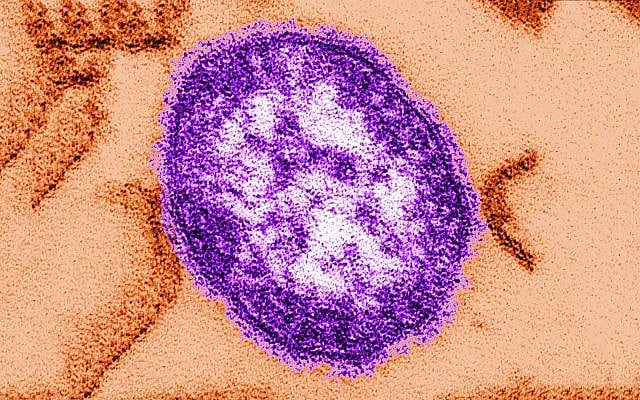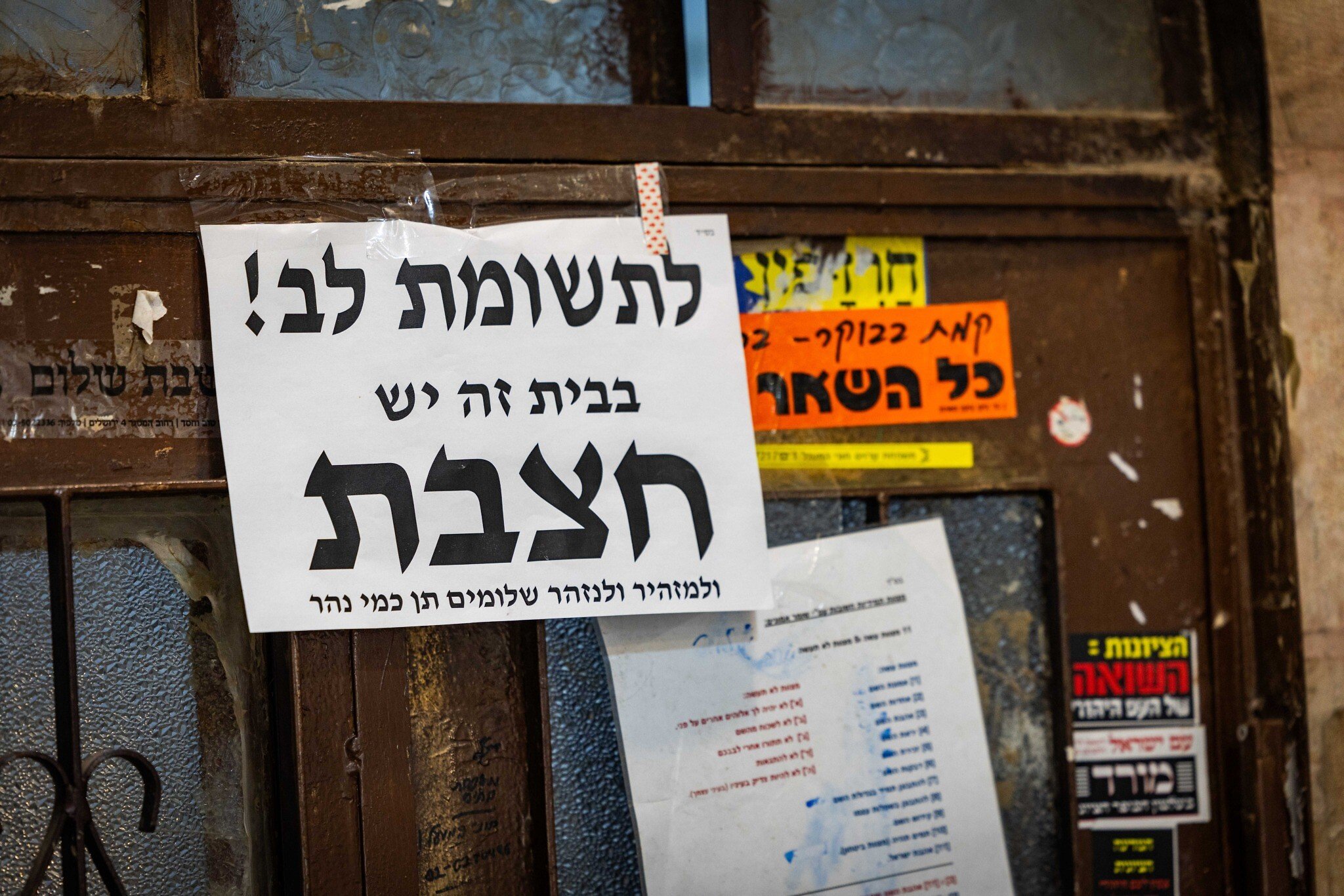After the death of two children from measles in less than a week, Prof. Eyal Leshem, director of the travel medicine and tropical diseases center at Sheba Medical Center, told The Times of Israel that he was calling upon “every community leader who knows the children in their community are unprotected and may die a horrible death of a disease that is preventable to act now.”
Since the measles outbreak began in Israel about three months ago, 526 cases have been diagnosed, of which 209 are active cases.
Most of the recently diagnosed patients are from the Jerusalem and Beit Shemesh area, with most of the hospitalized patients being unvaccinated children.
As of Sunday, 19 children are still hospitalized, all under the age of 6.
Two of the children are in intensive care, and one is connected to a life-support system.
“We know in public health that the most effective interventions are done in close collaboration with community leaders,” Leshem said. “We hope that the Health Ministry is able to effectively collaborate with the community leaders of the affected communities to save children who are not vaccinated and at risk of death.”
Prof. Eyal Leshem, director of the travel medicine and tropical diseases center at Sheba Medical Center
A contagious but preventable disease
Measles is a highly contagious viral disease characterized by fever, malaise, runny nose, and a rash.
The rash generally appears three to five days after the first symptoms, beginning as flat red spots on the face and then spreading downward to the neck, trunk, arms, legs and feet. When the rash appears, the fever may spike over 104 degrees Fahrenheit (40 degrees Celsius), according to the US Centers for Disease Control.
Most children will recover from measles, but infection can lead to dangerous complications such as pneumonia, blindness, brain swelling and death.
The routine vaccination schedule recommended by Israel’s Health Ministry includes two doses: at the age of one and in first grade.
However, due to the outbreak, the ministry has expedited the administration of the second dose in high-incidence areas.

The measles virus. (Cynthia Goldsmith, the Centers for Disease Control and Prevention via AP)
Additionally, in order to protect infants in Jerusalem, Beit Shemesh, and Bnei Brak, it is now recommended to give an additional dose to infants aged six months to one year.
All three communities have a large number of ultra-Orthodox residents. In 2018, a measles outbreak centered on ultra-Orthodox communities, where immunization rates are generally lower than the rest of the country.
In communities with a vaccination rate of above 95 percent, measles have a harder time spreading because of what is called “herd immunity.”
But in Jerusalem, Leshem explained, only 80% of children aged one are vaccinated. In Beit Shemesh, it’s just 78%.
“Some Israeli communities have vaccine coverage rates similar to what we see in Africa,” Leshem said. “So in Israel, in 2025, the fact that there are kids who are dying from a disease that is vaccine preventable is shocking and appalling.”
Outbreaks of measles in Israel, and around the world
While measles cases is Israel are rare, the disease has not been considered eliminated in the country, and there have been multiple recorded deaths related to the virus in recent years.
An 18-month-old girl died of measles in Jerusalem in 2018 during a spike in cases. The toddler, who had not been vaccinated, was Israel’s first recorded measles fatality in 15 years.
In April, the United States had more than double the number of measles cases it saw in all of 2024, according to reports.
Although measles was declared eliminated in the United States in 2000, measles cases and outbreaks continue to occur.
After a decrease in global measles incidence during the COVID-19 pandemic, measles activity globally continues to rise.
There are also outbreaks around the world, including Russia, Romania and Canada, according to the CDC.

